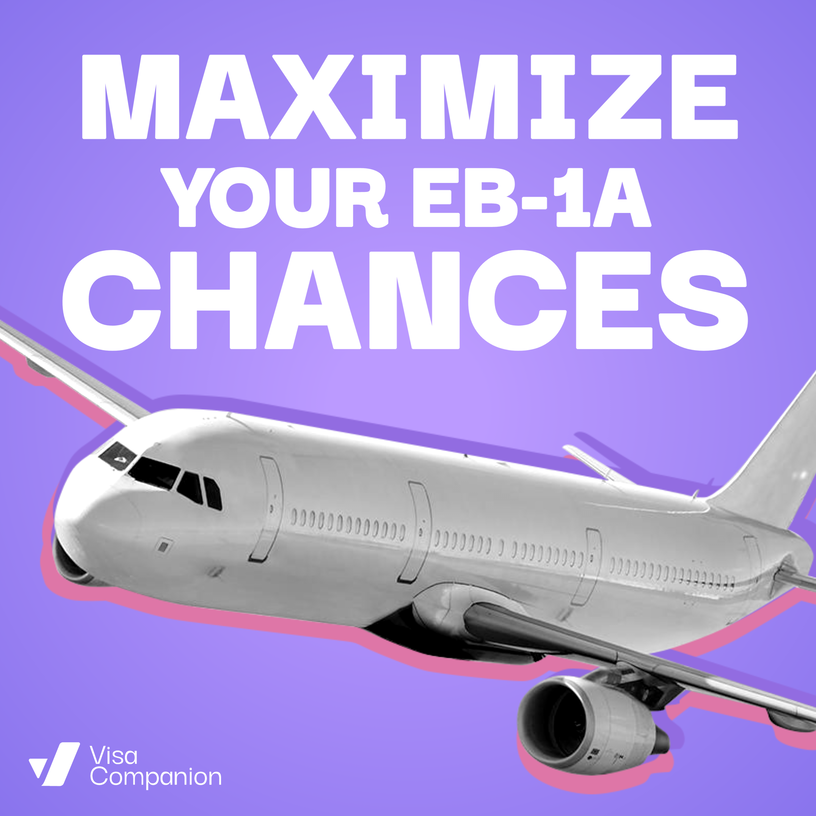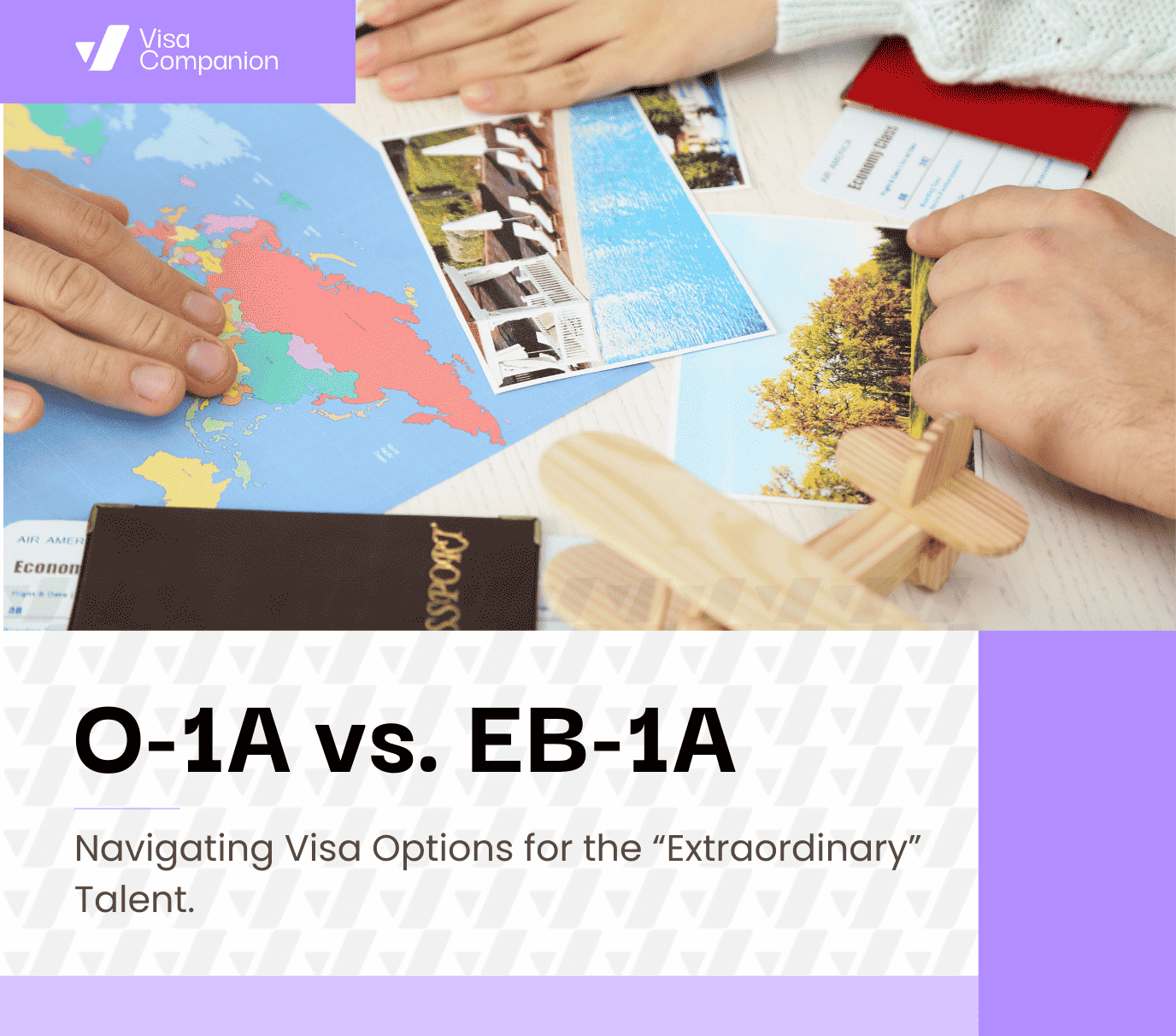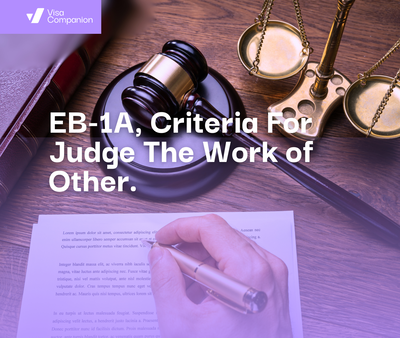Maximize Your EB-1A Chances: Evaluate Your Memberships

Maximize Your EB1A Chances: Evaluate Your Memberships
The goal of this post is to help you assess whether you can argue that you meet the second of the ten EB-1A criteria: holding a membership in an association that demands outstanding achievement from its members.
Like lesser awards and prizes, this criterion isn’t commonly used in EB-1A filings due to its stringent standards. In my experience, many candidates don’t possess the necessary memberships to satisfy this requirement. Proving that you qualify under this category can be an uphill battle that many applicants struggle to overcome.
However, if you do hold a membership in a prestigious organization or association within your field, it’s worth considering whether it meets the high bar set by the EB-1A standards. Successfully satisfying this criterion can make a significant difference in your case. A qualifying membership often brings with it evidence that can be leveraged to meet other EB-1A criteria, simplifying the rest of your application. Like receiving a distinguished award, a membership that meets this challenging standard leaves little room for a USCIS officer to question your qualifications. Being invited to join an exclusive association indicates that experts and extraordinary individuals in your field recognize your exceptional achievements.
Satisfying the EB-1A membership criteria can be challenging. USCIS adjudicators will scrutinize your memberships to ensure they genuinely reflect outstanding achievements. They may ask questions like:
- What Are the Membership Requirements?
You’ll need to show that your selection for membership was based on exceptional accomplishments. How rigorous are the membership standards? What qualifications do those granting membership have? How do the credentials of other members compare? The more exclusive and relevant to your field the membership is, the stronger your case. - Was Your Membership Invitation Based on Extraordinary Achievement?
Provide evidence that you were invited because of your exceptional expertise. What hurdles did you overcome to gain membership? Did the organization recognize your achievements as outstanding in your area?
USCIS adjudicators may not be familiar with every organization. That’s why it’s crucial to present convincing evidence that your memberships meet the high standards of selecting individuals with exceptional achievements.
Types of Evidence to Strengthen Your Application:
- Elite Membership Invitations: Include documentation showing you were invited to join due to your outstanding achievements.
- Organization Prestige: Provide evidence of the organization’s status, such as media coverage, by-laws, or the structure of the association.
- Membership Standards: Document the criteria for membership, such as the exclusivity of the selection process, exams, or licenses required.
- Proof of Membership: Share membership cards, screenshots, or letters from the membership committee detailing why you were selected.
- Reputation of the Reviewing Panel: Offer information proving that the organization’s reviewing panel is recognized as a national or international authority in their field.
- List of Other Notable Members: Include a list of other impressive members and their achievements to showcase the caliber of the organization.
- Exclusivity Evidence: Demonstrate that the membership pool is national or international, emphasizing the selectiveness of the organization.
Remember, it’s not always about being invited; applying for membership can also work if the organization has strict vetting processes. However, merely passing an exam, paying dues, or having experience in a field usually won’t be enough. Your membership must be grounded in your outstanding achievements.
For example, while the American Immigration Lawyers Association (AILA) is prestigious, it doesn’t meet the EB-1A membership standards because it requires only that you be a lawyer and pay dues. The EB-1A criteria demand more—your membership must reflect extraordinary accomplishments.
By carefully presenting your memberships and their significance, you can strengthen your EB-1A application and clearly demonstrate that your achievements are truly extraordinary.
When it comes to the EB-1A application, not all memberships are created equal. Some organizations offer different levels of membership, but only the most exclusive, achievement-based tiers will strengthen your case. If you hold such a membership, be prepared to show evidence that it’s reserved for individuals with outstanding accomplishments.
On the other hand, certain types of memberships likely won’t help your EB-1A application, as they don’t demonstrate extraordinary achievement. These include:
- Trade unions
- Provincial organizations
- Memberships based solely on employment or activity in a field
- Memberships granted for a fixed level of education or experience
- Memberships based on test scores or GPA
- Memberships requiring only colleague or member recommendations
- Memberships that just require payment of dues
- Associations with membership decided at the local chapter level
While these memberships might not meet the EB-1A criteria, they can still be valuable in showing your active participation and contributions to your field. Even if a particular membership doesn’t qualify, it could still support your overall narrative of excellence.
If you’re not currently associated with elite organizations or guilds that recognize outstanding achievements, consider seeking membership as part of your EB-1 strategy. Strengthening your resume with such affiliations could enhance your case.
Keep in mind that USCIS officers perform a two-part review of EB-1A applications. Meeting three of the ten criteria is just the beginning. The officer must also decide if your overall profile demonstrates true extraordinariness. This subjective judgment means that what worked for someone else might not work for you—and vice versa. Sometimes, it’s about getting your case in front of the right adjudicator on the right day.
Because of this additional level of scrutiny, the EB-1A category often sees a higher percentage of Requests for Evidence (RFEs), Notices of Intent to Deny (NOIDs), and even denials. The reality is that USCIS has set an extremely high standard for EB-1 visas.
By carefully selecting and presenting your evidence, including the right memberships, you can strengthen your case and increase your chances of success.
Our organization won’t charge you just for reaching out! If you would like your qualifications evaluated (to see if you qualify or to get ideas on what you can do to improve your EB-1 or NIW resume) please contact our firm at @visacompanion.ai
Related Blogs

Navigating EB2-NIW and EB-1A Visa Timelines: Strategies for Efficient Processing
June 2, 2023Understanding the processing times for EB2-NIW (National Interest Waiver) and EB-1A (Extraordinary Ability) visas is crucial for applicants aspiring to obtain these U.S. employment-based preference visas.

O-1A vs. EB-1A: Navigating Visa Options for the "Extraordinary" Talent
April 22, 2023Explore the differences between the O-1A and EB-1A visas for talented individuals immigrating to the US. Learn about the temporary, sponsored O-1A visa versus the permanent, self-petitioning EB-1A option. Gain clarity on which visa aligns best with your goals.

EB1A: Are You a Leader in Your Field?
Sept 09, 2024Understanding whether you qualify for the EB-1A visa can be challenging, particularly when assessing if you have played a leading or critical role in a distinguished organization. This blog post aims to provide you with clear tools and insights to help evaluate and demonstrate your eligibility under this specific criterion, ensuring you present a compelling case to USCIS adjudicators.

EB-1A - Judging the Work of Others
Sept 29, 2024One important criterion for the EB-1A visa is demonstrating that you have been asked to judge the work of others, either individually or as part of a panel. This post provides insights and tips to help you determine whether you can effectively argue that you meet this fourth criterion of the ten EB-1A criteria.